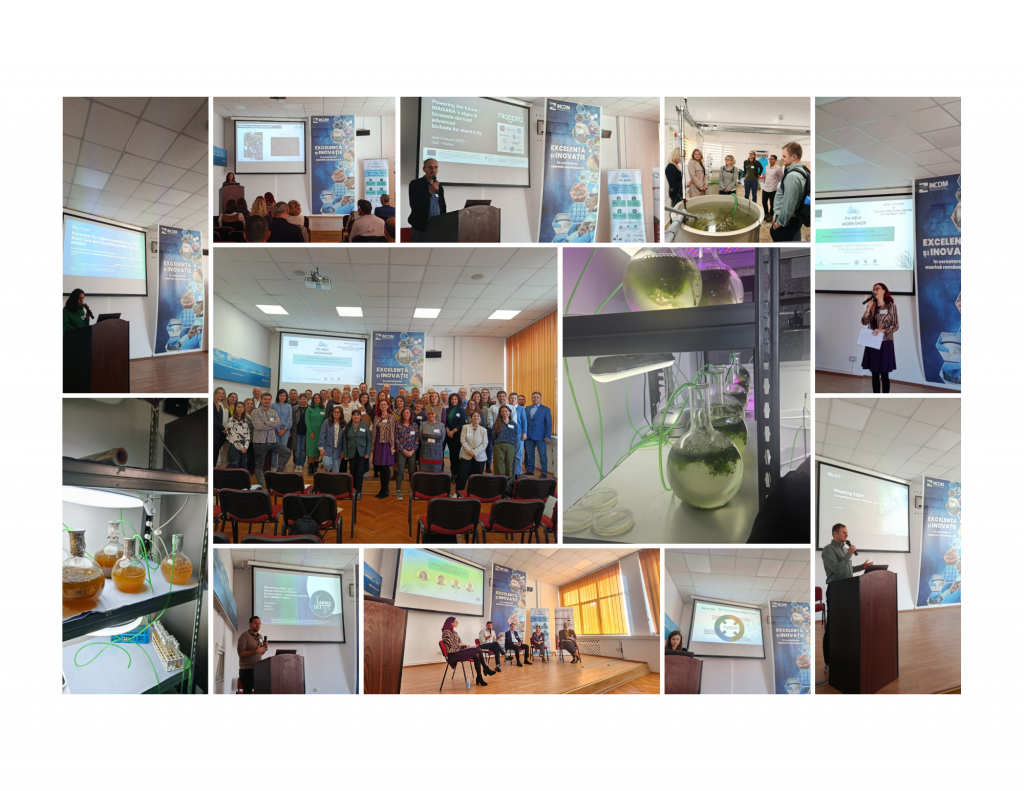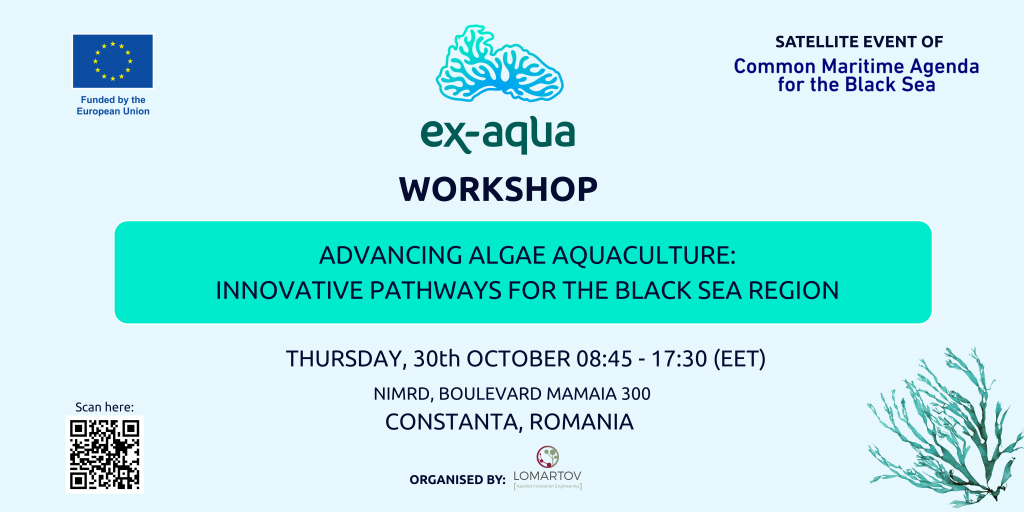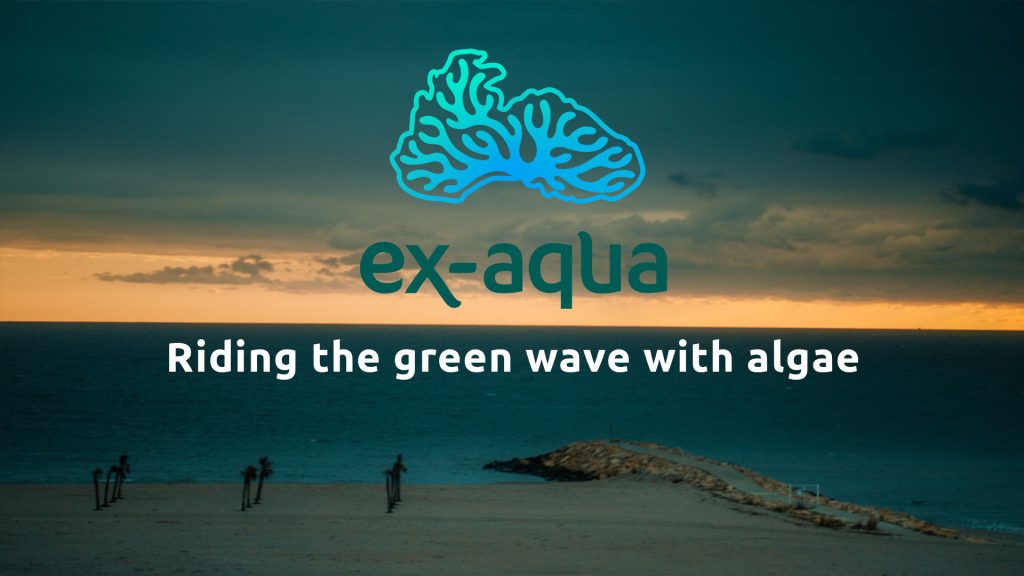Constanta (Romania) – June 2025: On 18-19 June EX AQUA team has successfully met in the city of Constanta for its first General Assembly, marking one year since the project’s launch. The meeting was hosted by the National Institute for Marine Research and Development “Grigore Antipa” (NIMRD) and included a very active participation, both in person and online.
EX-AQUA aims to position the Black Sea region on the marine and algae aquaculture map by reducing regional disparities and supporting the blue economy and European Green Deal. The project fosters innovation and strategic partnerships through collaboration with public and private actors, while promoting knowledge transfer and capacity building to establish NIMRD as a centre of excellence in sustainable marine algae aquaculture.
Participants, in addition to the coordinator National Institute for Marine Research and Development “Grigore Antipa” (NIMRD), comprised Ghent University, the Alfred Wegener Institute (AWI), the Black Sea Advisory Council (BISAC), Lomartov SL (LOM) and the Cyprus Marine and Maritime Institute (CMMI).

Over the course of the sessions, partners reviewed technical developments and achievements to date, focusing on research progress, methodological advancements, and collaborative outcomes. A key outcome of the first year was the Roadmap and 3-year action plan for algae aquaculture at NIMRD – a strategic guide to support the development of the algae sector.
Among the highlights was the inauguration of a state-of-the-art laboratory for testing growth technologies for Ulva and Cystoseira algae in Black Sea conditions, reinforcing NIMRD’s ambition to become a regional reference point for algae innovation. In parallel, NIMRD has prepared a dedicated laboratory for microalgae, including Spirulina and Chlorella, where experimental activities are already in full swing. These infrastructure developments were complemented by a two-days training, specifically targeting the strengthening of NIMRD’s Project Management and Administrative unit, with the purpose of enhance internal capacities, strengthen international collaboration, and boost NIMRD’s visibility within the global research and innovation landscape. The training covered topics such as EU funds and project proposal preparation, building and fostering networks trough partner profiling and promotion, as well as positioning NIMRD withing the international research ecosystem.
Significant progress has been made toward establishing a Cluster on Applied Marine Aquaculture. Insights from a comparative analysis of European clusters and projects, along with best practices transferred from CMMI to NIMRD, have guided the initial drafting of the cluster’s objectives and strategic approach. The cluster strategy, co-created through public consultations and input from aquaculture field leaders, aims to connect with key research and investment priorities in South-East Romania. Different stakeholders, part of the aquaculture scenario in the Black Sea, will be engaged thanks to the creation of a Blue Web, which is currently under development, a database including regional actors such as universities, authorities, fishing and aquaculture companies, and civil society organizations.
Consortium members also emphasised the strong collaboration and ongoing exchange of knowledge between partners, one of the core objectives of EX-AQUA. The General Assembly concluded with laboratory visits, allowing participants to witness firsthand the progress in macroalgae and microalgae research infrastructure and the strategic steps taken to advance algae aquaculture in the Black Sea region.


Disclaimer
Funded by the European Union. Views and opinions expressed are however those of the author(s) only and do not necessarily reflect those of the European Union or the European Research Executive Agency (REA). Neither the European Union nor the granting authority can be held responsible for them.Grant Agreement No 101159509.
About Horizon Europe
Horizon Europe is the EU’s key funding programme for research and innovation. It tackles climate change, helps to achieve the UN’s Sustainable Development Goals and boosts the EU’s competitiveness and growth. The programme facilitates collaboration and strengthens the impact of research and innovation in developing, supporting and implementing EU policies while tackling global challenges. It supports the creation and better diffusion of excellent knowledge and technologies.






